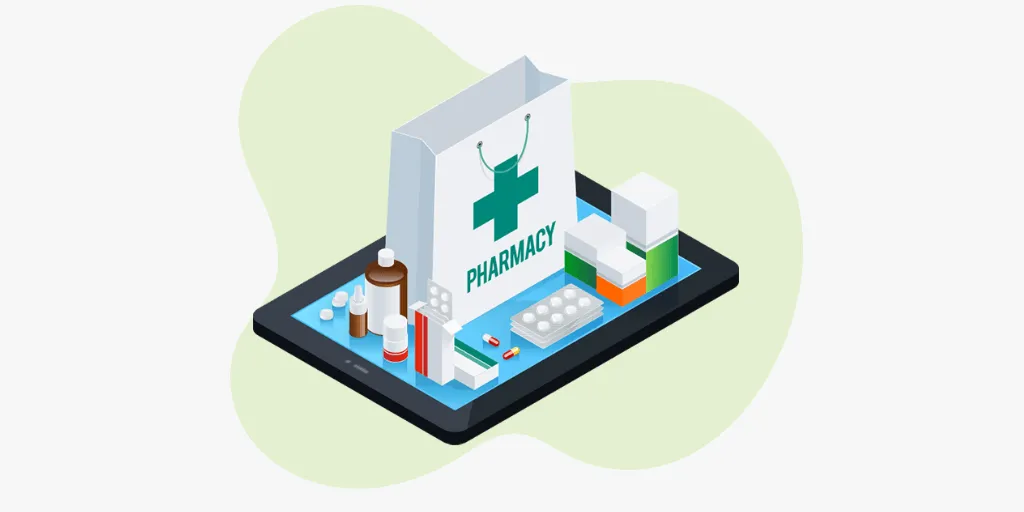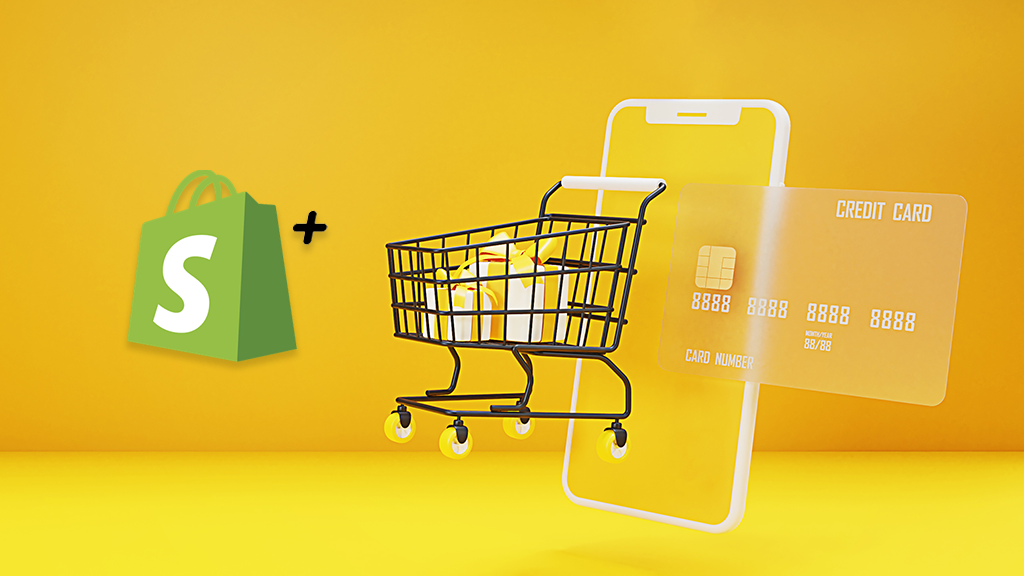How eCommerce Adoption Benefits B2B Healthcare Providers and Device Makers

Technology has long been working to provide necessary benefits to the healthcare sector and its professionals the world over.
Think of the Computerized Tomography (CT) scanner, and how monumental it has been in detecting problems within the human body.
We don’t have to get too much into medical science to see the effects technology has had on healthcare. Think of the regular hospital management systems that have, for long, kept a keen eye on patient data, history, and everything else.
COVID-19 And the Need for Better Delivery Systems
The ongoing pandemic has caused social disruptions to a significant degree.
While the challenge seemed insurmountable, it also presented an opportunity. The pandemic has enabled healthcare institutions to consider supply chain, fulfillment, and delivery concerns that were previously not being paid much heed to.
In a world where everyone is working from home, there exists a need for a B2B eCommerce solution suited for the healthcare industry.
In this post, we’ll be discussing how much of an impact B2B eCommerce adoption can have on streamlining hospital processes.
The Impact of B2B Ecommerce on the Healthcare Sector

Healthcare institutions are now facing a problem with regards to manufacturing and supply.
They are affected to a certain degree, and need to keep up with the demand. Top that with the ever-increasing cases of COVID-19, and you have a situation in which you can’t deliver the desired product to treat patients effectively.
It’s an unprecedented disaster that places all disaster management issues to shame. It’s a wholly new situation requiring a different strategy. It’s not just about purchase and deliverance, it’s also buying and stocking.
But where to keep all the stock?
That’s the ultimate challenge to which there is an adequate solution. Going B2B helps you mitigate the issues with stocking and supply. Here’s how:
B2B Ecommerce: A Land of Opportunity for Healthcare Suppliers and Manufacturers
For a while now, eCommerce has started to disrupt the workflows of traditional B2B. With the pandemic, however, eCommerce is on the rise. Healthcare institutions, their manufacturers, suppliers, and distributors are now shifting towards eCommerce because of the need to avoid human contact.
Ecommerce giants from Amazon to Alibaba were quick to adopt eCommerce, and the decision has paid off financially.
Because of an influx of buyers and sellers, suppliers have upped their game to increase sales, investing in digital marketing services, B2B eCommerce development services, and B2B eCommerce platforms.
The digitalization that this pandemic has brought on is unprecedented. It’s a vital aspect of eCommerce since it improves transparency, real time availability, and makes digitalization important in the supply chain.
But while the situation has favored people used to working from home, it’s not been the same universally. Those who were used to working at offices are facing serious problems.
Businesses, therefore, are also investing in training programs and developing better infrastructures to support working from home.
With vaccine trials on their way, one day or another, the pandemic is going to go away. This trend, however, is something that’s going to stay.
If you’re a part of the healthcare industry, then it’s time to innovate in order to gain the benefits of digitalization and the business process automation that it brings with it.
The time to innovate is now. With the right B2B ecommerce solution, you can utilize the technologies to better facilitate seamless purchase across the industry.
Five Ways in Which B2B Ecommerce Can Be Transformative in Healthcare
In this section, we’ll be discussing how much of a transformative impact B2B ecommerce can have on the healthcare industry.
From real-time inventory tracking, to managing logistics digitally – the sky’s the limit for manufacturers and distributors looking to utilize B2B ecommerce.
Here are five ways that this transformation will be seen:
1. The Rise of Online Shopping
The Coronavirus pandemic, for all its consequences, is revolutionizing the way in which individuals involved in the healthcare industry are operating.
They don’t have to visit a pharmacy to get a particular drug, they can just order it online. Online pharmacies, in turn, can benefit from this by using online ordering to deliver products to the end user. It’s a revolutionary approach towards fulfilling medical needs, ensuring that businesses get the best out of their products as possible.
With people moving towards the internet in the midst of the pandemic, it’s a lot more convenient and safer for them to visit an online medical store rather than going outside to purchase them.
With people online for most of their time, it’s imperative that healthcare businesses maintain an active digital presence.
2. Explore New Opportunities Through Automation
While it might look as though going digital will incur hefty costs for a business, there is more to the story.
You see, the ROI with a B2B ecommerce platform is high. With the current pandemic, the returns can be even higher if you play your cards right.
With online ordering, you’re freeing up valuable time used by sales reps to concentrate on developing new products and capitalize on existing business opportunities.
When a major area of your processes have been shifted towards digitalization, you can invest towards better opportunities for your business, discover new revenue sources, and gain a wider clientele.
Besides that, with digital statistics, you can improve the level of healthcare products/services by gaining a granular view of the customer and their preferences. With so much data at your disposal, you can make better, more market-oriented business decisions.
3. Transformed Logistics

With B2B, your logistical operations can get a significant boost. As we already know, logistics needs to be as seamless as possible. With digitalization, you can improve the level of services you provide by seamlessly integrating multiple supply chain channels.
While it boosts operations, it also enables you to build a thorough system of accountability in your daily operations.
Each of these eCommerce offerings can improve credibility and trust of customers within your organization.
4. Increased Personalization

As discussed before, with B2B eCommerce at your behest, you can gain more granular data on the customer.
With a personalized solution, your customers can view a product catalog that’s tailored to meet their needs and preferences.
There are plenty of ecommerce platforms that help you personalize the experience to a high degree. This helps you tailor the ecommerce experience of each individual user based on their order histories, purchases, and preferences.
While it may sound that such algorithms might be more suited to the B2C perspective, you wouldn’t believe how many B2B companies are adopting this concept for their operations.
To keep conversion rates high, ecommerce healthcare businesses apply a variety of different strategies like live chat customer support and more.
5. Sheer Momentum

As we speak, there are plenty of companies selling a variety of different healthcare products to health institutions.
With the pandemic still raging, it is expected that eCommerce is going to rise in the near future with more and more businesses selling healthcare products to businesses.
Conclusion:
While the adoption may be slow in the healthcare industry, there are chances that it’s going to rise in the near future. The benefits provided by these products can, like in any other business, improve workflows, streamline processes, and gain more business data in the near future.
Read Also
- How A CRM Can Help in Lead Generation
- BigCartel eCommerce Builder Review
- 6 Practical Tips to Cut Costs for Your Ecommerce Store
- How to Talk to Developers: A Project Manager’s Manual
- 6 Tactics To Improve Your eCommerce Conversions Through Referral Marketing
- How to Improve Customer Experience For Insanely Loyal Customers
- A Guide to Voice Commerce In 2021




